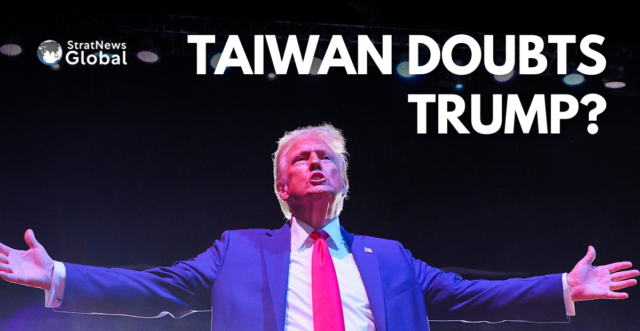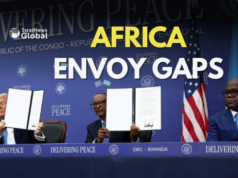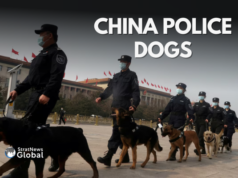As the U.S. presidential election draws closer, Taiwan’s Defence Minister Wellington Koo stressed the importance of the island’s self-defence capabilities. Koo affirmed that Taiwan must clearly demonstrate its determination to defend itself, regardless of who becomes the next U.S. president.
Taiwan’s Defence Focus Amid Uncertain U.S. Support
The tight race between Republican candidate Donald Trump and Democrat Vice President Kamala Harris has stirred concern in Taiwan, with Trump suggesting on the campaign trail that Taiwan should contribute more for U.S. military support. Trump also accused Taiwan of undermining American semiconductor businesses, adding a layer of tension to U.S.-Taiwan relations.
Taiwan faces ongoing pressure from China, which views it as a breakaway province. Over the past five years, Beijing has intensified its military presence near the island, including staging four major war game exercises in the last two years alone.
Taiwan’s Message to the Global Community
Koo made it clear that Taiwan is determined to defend itself and maintain regional stability. “No matter who is elected as U.S. president, we have to let them understand Taiwan’s determination to defend itself,” he said, highlighting the island’s strategic geopolitical and economic importance.
A recent Taiwan security memo, reviewed by Reuters, noted that China has launched a propaganda campaign, aiming to create fear that U.S. support for Taiwan might waver post-election. However, the memo stressed that supporting Taiwan has become a bipartisan consensus in the U.S., with strong backing across party lines. China’s Taiwan Affairs Office implied last week that Trump, if elected, could “discard” Taiwan, but did not provide further comment.
Building Taiwan’s Self-Defence Capabilities
While the U.S. remains Taiwan’s most critical security partner and arms supplier, Taiwan has prioritised developing its own military capabilities, including advanced missile and submarine systems. Taiwan has no formal defence treaty with the U.S., unlike Japan and South Korea, as the U.S. terminated its defence pact with Taiwan in 1979 when it established diplomatic ties with Beijing.
Despite the lack of a formal alliance, the U.S. continues to provide defence support to Taiwan. Some Taiwanese military personnel receive training in the U.S., and a small number of U.S. forces are stationed on the island in a training role. In recent weeks, Taiwan has reported increased Chinese military activity, with China conducting long-range air force drills near Taiwan’s southern airspace.
Taiwan received significant support from the Trump administration between 2017 and 2021, including arms sales, and this assistance has continued under President Joe Biden’s administration. As Taiwan commits to building its self-defence capabilities, it seeks to underscore its strategic role and ensure regional stability in the Taiwan Strait.
(With Inputs from Reuters)
Research Associate at StratNewsGlobal, A keen observer of #China and Foreign Affairs. Writer, Weibo Trends, Analyst.
Twitter: @resham_sng





